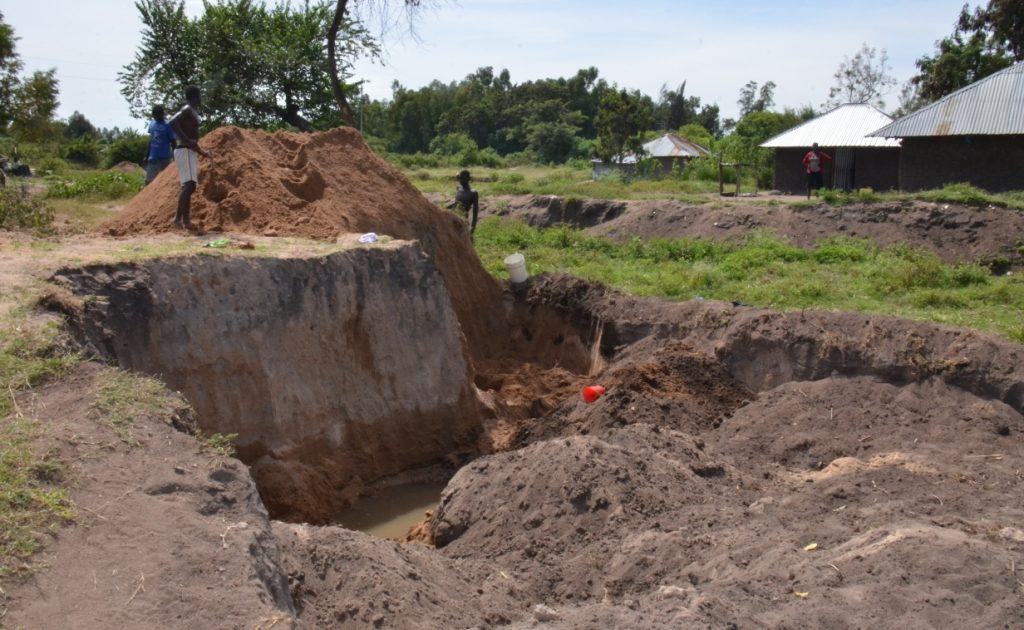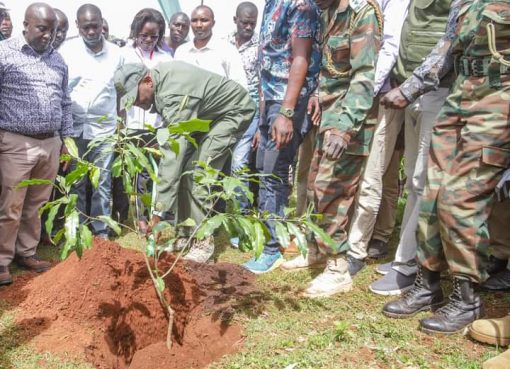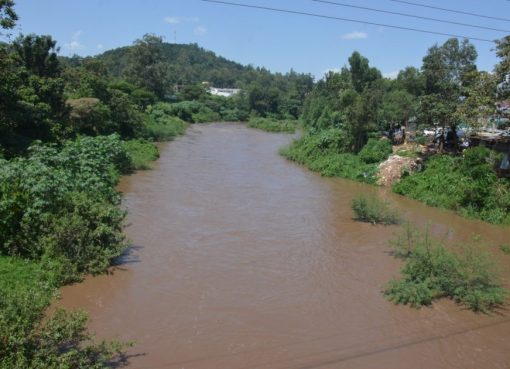

The cycle of drought and floods that has become a common phenomenon in many parts of the country can be attributed to both nature and man-made mistakes.
However, natural calamities as stated by scientists and environmentalists are beyond human control as opposed to mistakes made by human beings that trigger environmental crises such floods, landslides, land barrenness and gaping gullies.
In the case of Nyatike Sub-County, where the current floods have displaced over 500 people following the ongoing torrential rains, both the rage of nature and man-made activities are to blame for what the people are currently going through.
The sweeping floods since April-this year have flattened homes, destroyed crops, battered roads and killed unknown number of livestock in a fatal rage that has left residents counting losses amounting to millions of shillings.
Subsequently, serious hunger is looming large in the area and sooner or later the state may be forced to engage in massive programme to feed the masses unless the situation is addressed in advance.
Further aggravating the already bad situation this time round is the Lake Victoria’s recent sudden ‘move’ to reclaim its former original boundaries encroached on by human beings around it.
This is what Environmentalist, Joseph Onyango calls ‘human being’s mistake number one.’ “Some of the people now crying of being displaced by flood waters in Nyatike are to blame for encroaching onto the land that formerly was occupied by L. Victoria before it receded backwards due to environmental changes that reduced its levels of water,” explained Onyango.
And because of the heavy siltation that has been happening in the lake for the last few decades, the lake’s water levels have been steadily rising for a period of time now, due to the heavy rains pounding the country, leading to a heavy water flow back into the areas inhabited by human beings.
“People moved into the Lake’s riparian and built structures at the time the lake receded its boundaries. Now that it is receiving sufficient waters, the lake is now moving forward and with the ferocity it has, many people have to be affected all around it, until the rains subside,” said a retired weather expert John Nyongesa at a recent press interview in Migori town.
The heavy rains Kenya and other countries are experiencing at the moment is as a result of a climatical change cycle, he said, adding that this is beyond human control and people in regions like Nyatike must be careful not to dare infringing into the routes of rivers and riparian lands, else they will continue facing untold troubles.
“The torrential rains in Kenya can be partly attributed to the efforts the government has been putting in rehabilitating the Mau forest and the general a forestation programmes started in the recent years.
But while the devastating effects of floods have been registered in Nyatike for long time now, the errors caused by human beings within that area can also not pass unmentioned.
Apart from inhabiting riparian lands in the region, the locals have also been engaging in some negative activities that have left the region reeling under severe perennial droughts.
The move by the people to harvest trees indiscriminately and clear land of vegetations for farming has been blamed for the prolonged dry spells in the region and a catalyst of soil erosion effects, that have rendered many parts of the area lacking good soils for farming.
“All the eroded alluvial soils have ended up in the Lake, thus making its bed rise steadily and leading to a rage of water spill-over into farm-lands and homesteads,” explained Nyongesa.
Worse still, are the mining activities that are currently forming the backbone of the region’s economic mainstay, he adds.
“Be it gold or sand mining, the distressing impacts that such activities have caused to the local and the region were more overwhelming than the gains the people aim to rip from such errands,” emphasized another critic of the heavy mining activities happening within the region, Maurice Mbaga.
Speaking at Macalder town recently, Mbaga regretted the heavy destruction that Gold and Sand harvesting was causing in the area on farmlands and even on human settlement lands.
“Reckless people here are destroying even their homes by harvesting sand up to and within their compounds, living gapping holes that are dangerous to their lives,” rued Mbaga when we sought for his comment on the man-made environmental crises in the area.
A part from the huge number of deaths occurring inside the gold mines every year, the gaping holes left strewn everywhere within Nyatike have also killed innocent people, whether adults or children, who accidentally fall into them.
In summary, the general environment in the area has been made unbearable to human life by both the nature and man himself, and something must be done urgently to address the existing and emerging threats, added Mbaga.
By George Agimba





